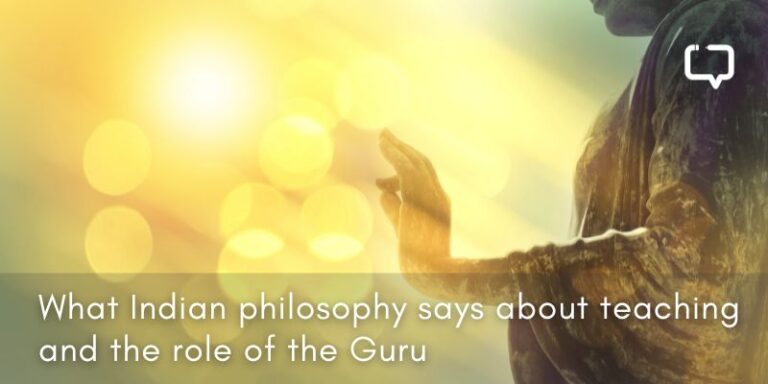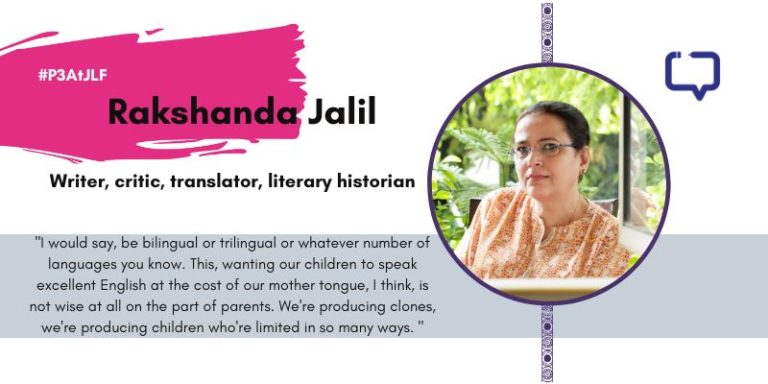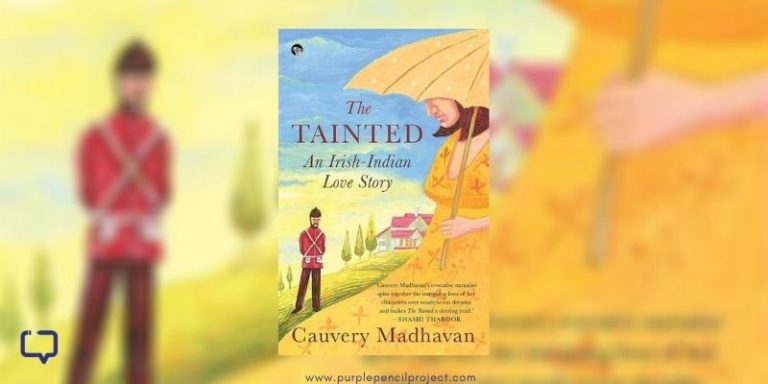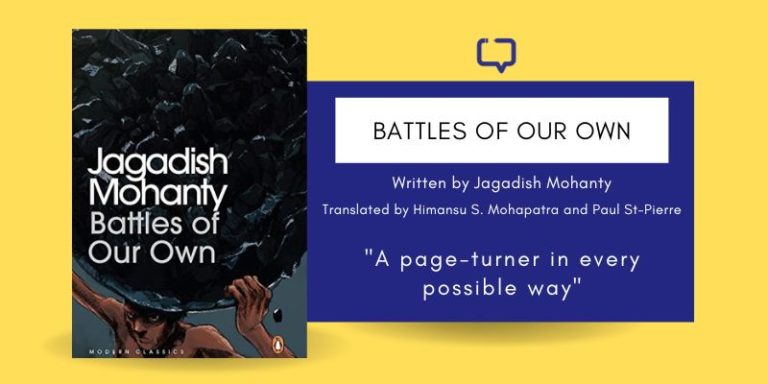Pankaj Mishra is a public intellectual, “one of the great thinkers” as reads his introduction on the cover jacket of his latest book: Bland Fanatics: Liberals, Race and Empire (2020, Juggernaut Books).
Bland Fanatics borrows its title from Reinhold Niebuhr, a theologian. In 1957, Niebuhr wrote: ‘Among the lesser culprits of history are the bland fanatics of western civilization who regard the highly contingent achievements of our culture as the final form and norm of human existence.’
We encourage you to buy books from a local bookstore. If that is not possible, please use the links on the page and support us. Thank you.
Bland Fanatics is a collection of sixteen repurposed essays written over the decade. They cover neo-imperialism, liberalism, intellectual Islamophobia, colonialism, and Brexit. Also included is a critical commentary on Salman Rushdie’s memoir Joseph Anton, Why White people like Ta-Nehisi Coates. On Jordan Peterson and Niall Ferguson and his love for The Economist.
The book and the promises it keeps
In one of the New Yorker essays, along with exhibiting deep affection for The Economist, Mishra writes: ‘The right accuses liberals of promoting selfish individualism and crass materialism at the expense of social cohesion and cultural identity.’
He goes on to acknowledge that ‘attacks on liberalism are nothing new,’ but fails to ‘know right away what precisely is being criticized.’ Mishra is looking for easy answers to complex problems. It is unbecoming of the stature he wants to establish.
The answer to his why is in the favourable review of his book by Mark Rappolt: ‘the language of imperialism remains the language that is deployed by both left and right today.’ In his critique, Mishra uses similar language, which renders this book boring and makes it an ungainly read.
It shines through in some aspects though. For example, his explanation of ‘the halo of virtue around India’ because its governments have ‘embraced free markets’ while the ‘communist-run China abruptly emerged as a challenger to the West.’
He rightly accuses Salman Rushdie—who said mean things about Shashi Deshpande because she, as a judge, chose Disgrace over Ground Beneath Her Feet. (Though this and Rushdie’s other sexist remarks don’t find space in this book.) In his review of Joseph Anton, Mishra writes, ‘Oddly, Anton seems to require no such moral balancing for the Sri Lankan strongman Mahinda Rajapaksa, who is commended for resisting Iranian pressure and greenlighting the filming of Midnight’s Children; the responsibility of this authoritarian president and his brother in the massacre of tens of thousands of Tamil Hindus is passed over in silence.’
Yet Mishra falls short of extending similar treatment to the “wife-beater” and Islamaphobe, late Nobel laureate, V. S. Naipaul. (Though I admire both the novelists’ works.)
He calls Jordan Peterson out, too—who wants men to “toughen up”—for his obnoxious and simplistic explanation of the world where men represent “order” and femininity “chaos.” Peterson’s books are bestsellers still.
There is an explanation for it.
‘Masses’ are not a monolith as the Left has understood it them to be from time immemorial. It has its choices and disagreements from the major discourse facilitators: elites, and liberals, by default. Mishra belongs to this cadre. He contributes to the myth that nourishes the hope in the Left to cure the world of populism and the rise of right-wing fanatics by magic.
White people like you, too!
In an essay about Ta-Nehisi Coates and a passing critique of Obama’s presidential tenure, Mishra supplies a series of weak arguments. His aim is to understand why White people love Coates’ writings.
Coates, unlike the image of an intellectual that Mishra is carrying—a license he has got from the West—was first lauded by Toni Morrison. She praised him for filling the “intellectual void” that “plagued” her after Baldwin. But Mishra says that ‘Coates has been accused of mystifying race and of “essentializing” whiteness.’ By whom, I ask.
He says that Rushdie ‘had suffered the ambiguous fate of being hastily appointed as a representative and spokesperson of India, South Asia, the “Third World,” multiculturalism, the immigrant condition—whatever seemed alien and incomprehensible to the white majority.’
Doesn’t the same apply to him? He is the Rushdie he is criticizing. And isn’t he sharing the same spot for which he is accusing Coates?
Mishra, in this book, mentions being attacked “back home” for his “critical” articles on Kashmir in the Hindu. He calls his attackers “self-styled custodians of India’s ‘liberal democracy’,” and signals toward something by adding that they weren’t “Hindu nationalists.” Then who liked his critical essays? White people.
Readers, sometimes, expect solution-driven writing, Pankaj
Sample these reviews on the digital portals for which Mishra writes:
- Kenan Malik, reviewing for The Guardian, writes about Mishra’s book: ‘There is much that is valuable in Mishra’s writings, opening up as they do new perspectives in the debate about liberalism and about the relationship between the west and the global south. It’s a pity that there is also much that obscures even as it illuminates.’
- Damon Linker, for The New York Times, writes: ‘Mishra detests liberalism and capitalism. That much is obvious from his unremittingly polemical prose. What is much less clear is what, specifically, he thinks would be preferable. But when it comes to a positive program, he has little to offer beyond airy talk.’
Reading is an investment and a much deeper at that when one essays issues that Mishra does in this book. They need sensitivity and conviction to avoid making a mockery of someone else. What I’d have, much like Malik and Linker, preferred is for Mishra to write something that illuminates his readers on the issues the world is faced with. This expectation also comes from a position of an admirer, too, and I believe we need better from Mishra.




















